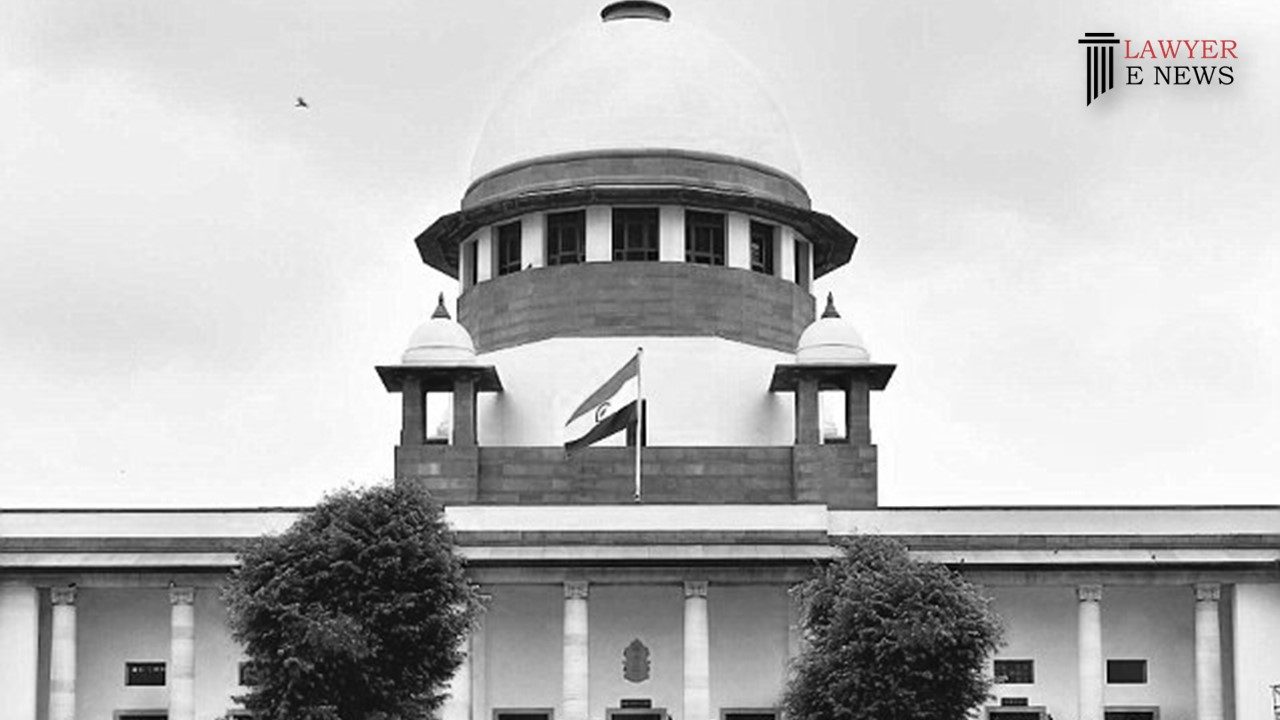-
by Admin
15 February 2026 5:35 AM



In a landmark judgment, the Supreme Court has overturned the High Court's decision on the classification of license fees in the telecommunications sector. The apex court categorically stated that both entry fees and annual variable license fees paid by telecom operators under the 1999 policy must be treated as capital expenditure. This ruling significantly impacts the financial accounting practices in the telecom industry.
The bench, comprising Justices B.V. Nagarathna and Ujjal Bhuyan, delivered the verdict after meticulous examination of the intricate aspects of the telecom policies and their financial implications. The Court observed, "The payment of entry fee and annual variable license fee is capital in nature and may be amortised in accordance with Section 35ABB of the Act."
This judgment effectively sets aside the previous ruling of the Delhi High Court, which had bifurcated the license fees into capital expenditure up to 31 July 1999 and revenue expenditure thereafter. The Supreme Court's decision brings clarity to the contentious issue that has long been a subject of debate in legal and financial circles in the telecom sector.
The Court's reasoning hinged on the understanding that the nature of the license fee payments, integral to the existence of the license and the telecom business itself, cannot be altered merely due to changes in payment methodology or periodicity. "The nomenclature and the manner of payment is irrelevant. The payment post 31 July, 1999 is a continuation of the payment pre 31 July, 1999 albeit in an altered format which does not take away the essence of the payment," the Court emphasized.
This ruling has significant implications for the telecom industry, impacting how telecom companies will account for their license fee payments. It is a departure from the practice of treating these fees as revenue expenses, which has implications for the balance sheets and profit & loss statements of telecom companies.
The verdict is seen as a crucial development, bringing an end to the long-standing ambiguity over the treatment of license fees in the telecom sector and setting a precedent for future financial and legal interpretations in similar matters.
Date of Decision: 16 October 2023
C.I.T., DELHI VS BHARTI HEXACOM LTD.
